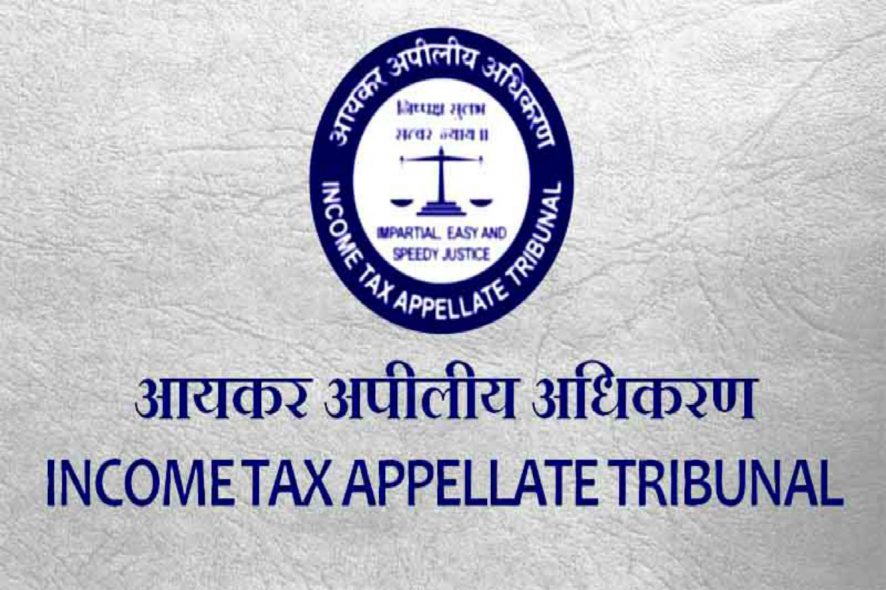Income Tax Appellate Tribunal (ITAT), New Delhi: While deciding the instant appeal pertaining to the Assessment Year 2015-16 where the Revenue challenged the decision of CIT(A) for deleting the addition of Rs 4,33,18,870 made on account of unsecured loan under Section 68 of the Income Tax Act, 1961, the Bench of Shamim Yahya (Accountant Member) and Yogesh Kumar US (Judicial Member) held that the non-existence of the parties who have given loan to the assessee, clearly indicates their nature being prima facie bogus. Furthermore, non-discussion of the financials further cast doubt on the lender's creditworthiness.
Facts and Legal Trajectory of the case: The Assessing Officer (hereinafter AO) noted that the assessee had received unsecured loan during the Financial Year 2014-15 from approximately 26 people. The assessee was also asked to submit ITR of the relevant years for all the parties to prove their creditworthiness. The AO issued summons under Section 131(1A) to several parties at the address provided by the assessee, requesting their personal deposition and information. During the analysis of the bank statement of the parties concerned, the AO noted that the amount forwarded to the assessee was received by the lenders from some other accounts just before it was forwarded. However, neither anyone attended on the date given nor was any information requested by the summons filed.
Several reminders were issued, no one gave their personal attendance, but details and alibis were submitted through their authorized representative. In view of this conduct the AO raised doubt regarding their identity. The AO rejected the submissions of some of the parties that it was their saving from which they have given loan. Hence, the AO found the source to be unexplained and found 10 people to be of dubious credit. The AO also raised questions upon the genuineness of the transactions was not successfully explained by the assessee.
The assessee challenged the findings via an appeal to the CIT(A) who noted that the assessee had stated that all the details were given to the Assessing Officer. Furthermore, the CIT(A) observed that the assessee had precisely given the details and documents filed during the assessment proceedings for each party. Therefore CIT(A) rejected the AO's assessment and held that the assessee had proved the identity and genuineness of the transaction and creditworthiness thereby discharging the onus.
Contentions: Aggrieved with the afore-stated decision by the CIT(A), the Revenue appealed before the ITAT contenting that the CIT(A) erred in deciding the issue by ignoring the fact that the income of some of the parties/lender was not proportionate to the loan amount provided to the assessee.
It was further argued that that merely because identity of creditor is disclosed, the burden of assessee to explain money in his hands would not be discharged if the donor's creditworthiness is not proved to the satisfaction of the AO. It was submitted that the instant matter is a classic case of routing of unaccounted money in circuitatious manner.
Observations
-
Perusing the facts and the contentions, the Tribunal noted that the people who gave the loans were not present at their address, which clearly shows the lack of genuineness of the transactions.
-
It was also pointed out that only part figures for the financial were available and the entire financials of the loan given were not on record and the CIT(A) decided the genuineness of the transactions and the creditworthiness of the lenders relying upon the documents and data picked from here and there. The Bench was perplexed as to- “Without examining the entire financials of the parties, how their creditworthiness has been accepted by the CIT(A) itself is a mystery”.
-
The Tribunal expressed its confusion over the findings by the CIT(A) stating that “The powers of the CIT(A) is co-terminus with that of the Assessing Officer. In the appeal, if the CIT(A) was of the opinion that further enquiry was required, the same should have been done by the CIT(A) himself”.
Decision: With the afore-stated observations, the Tribunal remitted the issue to the AO and directed the assessee to cooperate and produce cogent evidence in support of identity, creditworthiness and genuineness of the transaction.
[ACIT v. Hare Krishna Orchid, ITA No.662/DEL/2020, decided on 12-08-2022]
Advocates who appeared in this case :
Revenue – Gayasuddin Ansari, Sr. DR;
Assessee – R.S. Singhvi, CA, Rajat Garg, CA and Satyajeet Goel, CA.
*Sucheta Sarkar, Editorial Assistant has prepared this brief.






